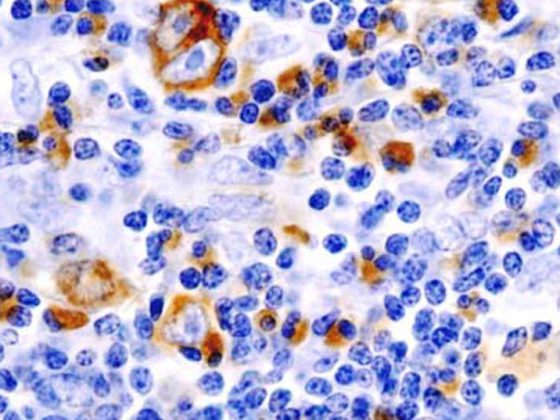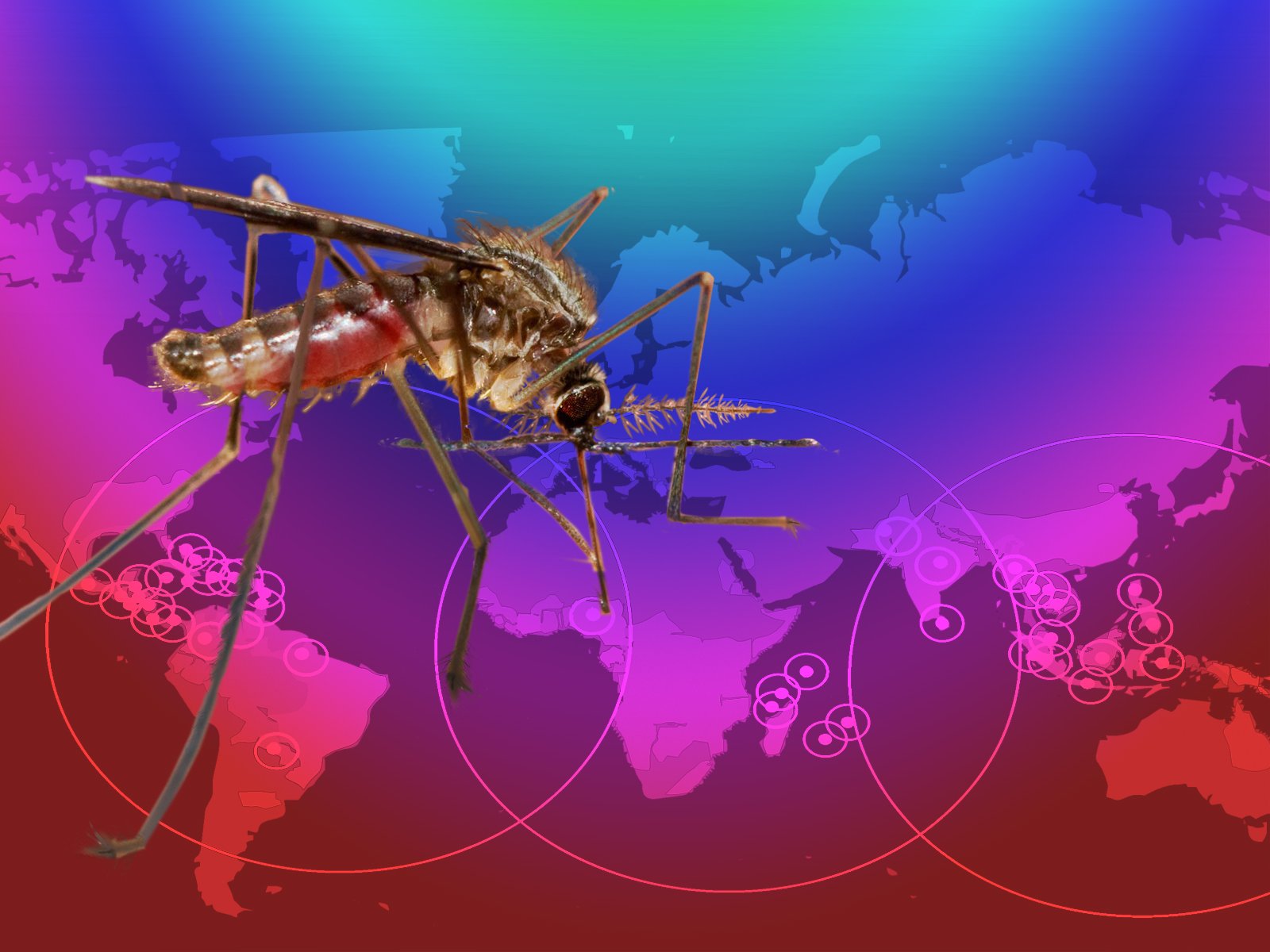10 Key questions: Are there allergy sufferers in the family (eczema, hay fever, asthma)? Often cases of atopy are found in parents or siblings. This genetic predisposition attracts abnormalities of the epidermis (deficit of filaggrin, excess of proteases). When did atopic dermatitis start?
Atopic children have normal skin at the time of birth. Eczema first appears during the first trimester, usually on the face
Is he / she scratching?
Atopic dermatitis is associated with constant itching. This represents a compelling criterion for the diagnosis of this disease. In addition, itching aggravates the lesions, causes severe suffering and is the main reason for the impairment of the quality of life of the child and his family.
Where does he / she scratch?
Atopic dermatitis manifests primarily in the following areas: In the young infant, on the face, hands, sucked thumb, and the outside of the arms and legs. In the child, on the face, in the folds of the body (elbows and back of the knees) and on the hands.
In the older child and in adults, atopic dermatitis, if persistent, often affects the face, hands, and sometimes the entire body.
Is he / she sleeping well?
Besides itching, insomnia is the second functional symptom of atopic dermatitis. The night awakenings caused by the itching are particularly stressful for the child and his family. An improvement in sleep is a good indication of the effectiveness of treatments.
Does he / she have dry skin?
Xerosis or skin dryness is an important indication of atopic dermatitis. It has been known for some years that the atopic epidermis shows abnormalities very close to those of ichthyosis vulgaris. The dryness of the skin favors the penetration of allergens and aller gic sensitization. Daily use of emollients helps to reduce skin dryness and its consequences – lesions caused by scratching, itching, etc., and thus also improves the overall living conditions of both the child and his family. In addition, regular use of emollients has been shown to reduce dermocorticoid consumption.
Is he / she following a diet?
Most of the time, local treatment is effective and children do not have any digestive problems. In these cases, dietary measures are not indicated. If the therapy is unsuccessful, it is necessary to ensure that it is performed correctly. If there are digestive disorders, an appropriate examination should be performed. However, such cases are very rare, so that dietary measures are generally not necessary in atopic dermatitis.
Has the dermatitis worsened recently?
Atopic dermatitis develops in episodes. The relapses are manifested by expansion of the lesions, oozing, and intensification of itching. In addition, the lymph nodes may be swollen. Treatment of relapses requires local application of corticosteroids and prevention of superinfections.
Can the treatment be carried out without any problems?
Recommendations for local therapy are not always reliably followed. It is therefore important to inform the patient well about the disease, the type of treatment and the different elements of the prescription. At the next consultation, this should be returned to and the children or parents should be given the opportunity to express any problems or fears that may arise. This “education by the treating physician” is very effective in increasing compliance and consequently improving treatment outcomes.
With what frequency do the applications take place?
If a dermocorticoid is prescribed, fear of corticosteroids on the one hand, but also their excessive use on the other hand, can jeopardize the therapeutic benefit for the child. A good understanding of the benefits as well as adherence to the prescribed dosage by parents are therefore of utmost importance.
The emollients, for their part, must be applied daily. There are no fi xed rules regarding the quantities to be used. However, frequent reference is made to an amount of 2 mg/cm2 body surface. This corresponds to 30-50 g for the whole body of an adult. For a 7-year-old child, this results in 20 g, for a 4-year-old 15 g, and for a 2-year-old 10 g. These figures are only guidelines.
Daniel Wallach, MD











